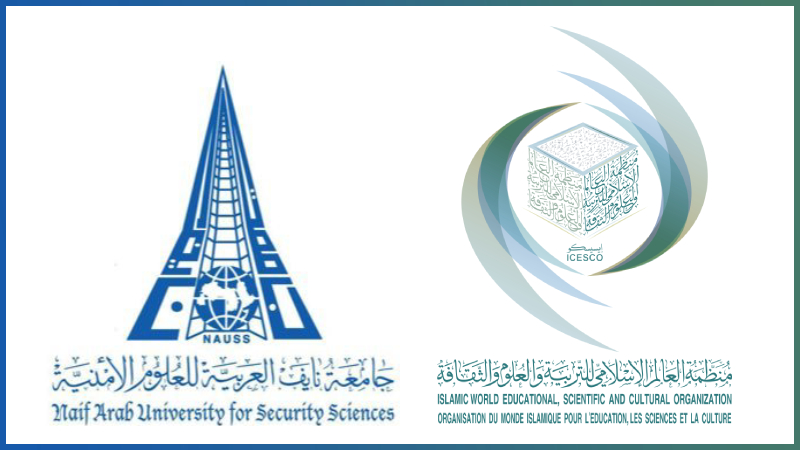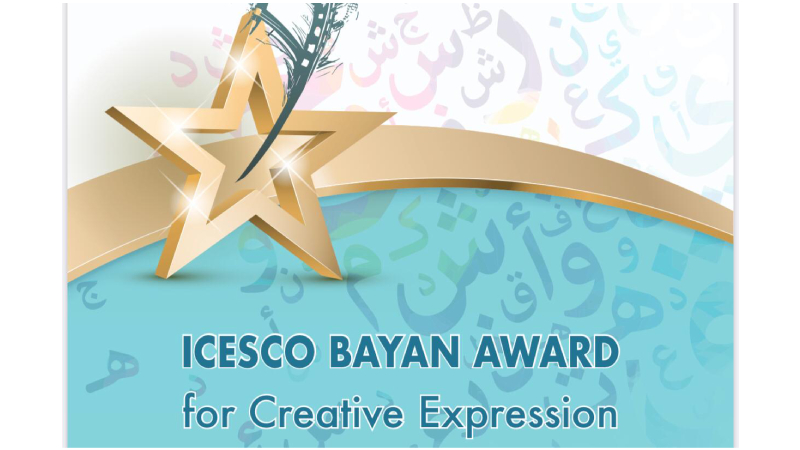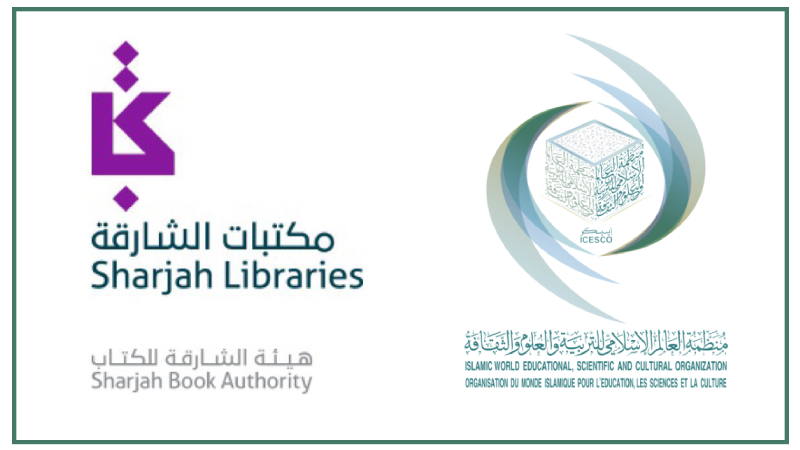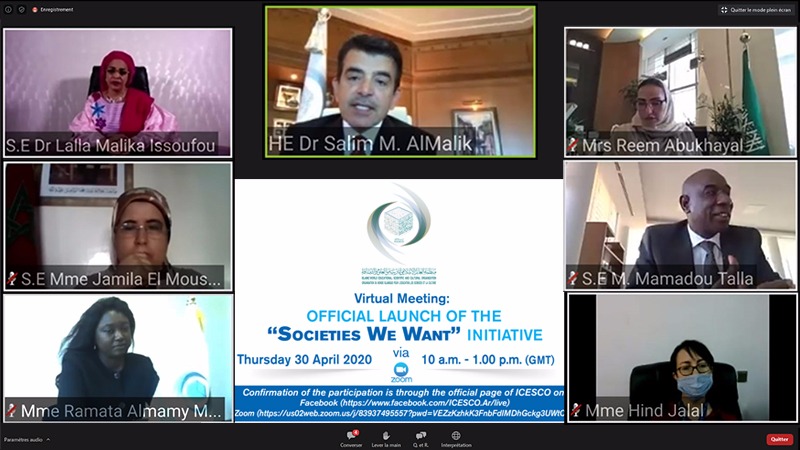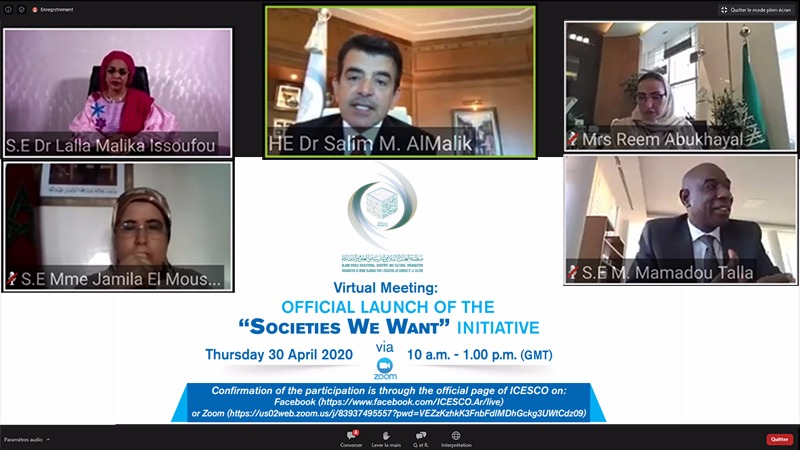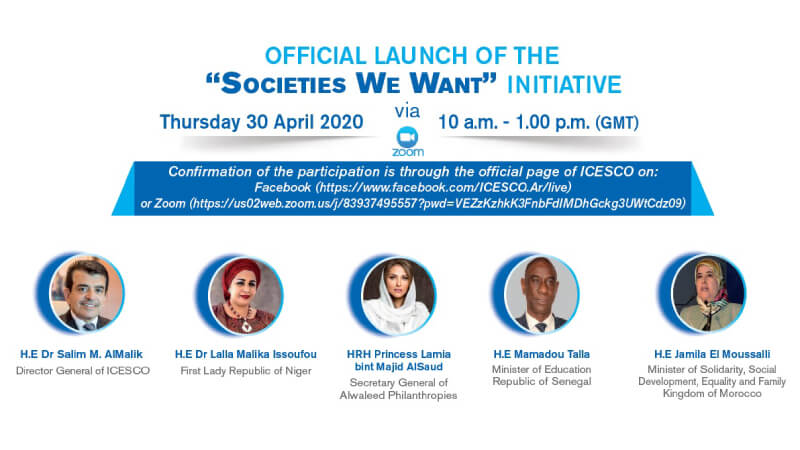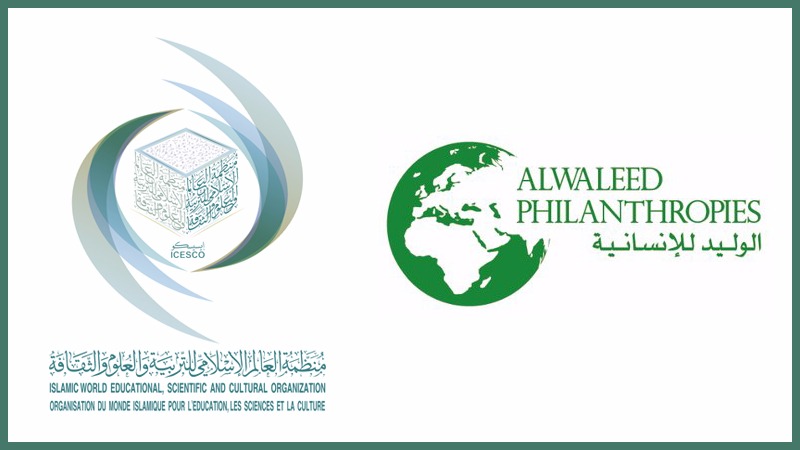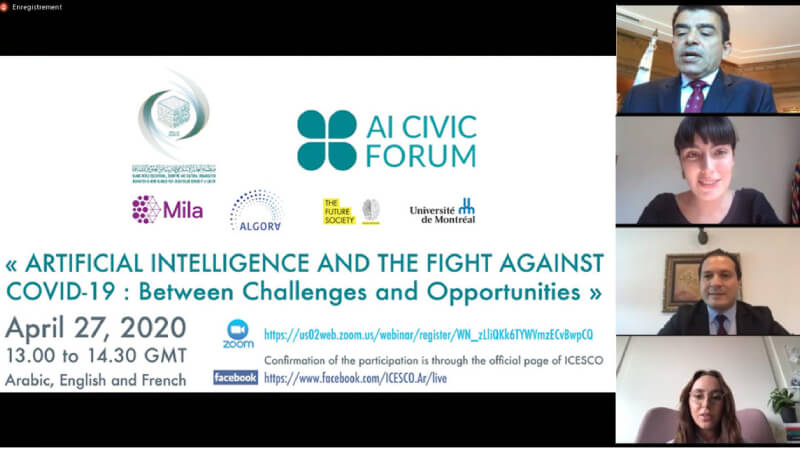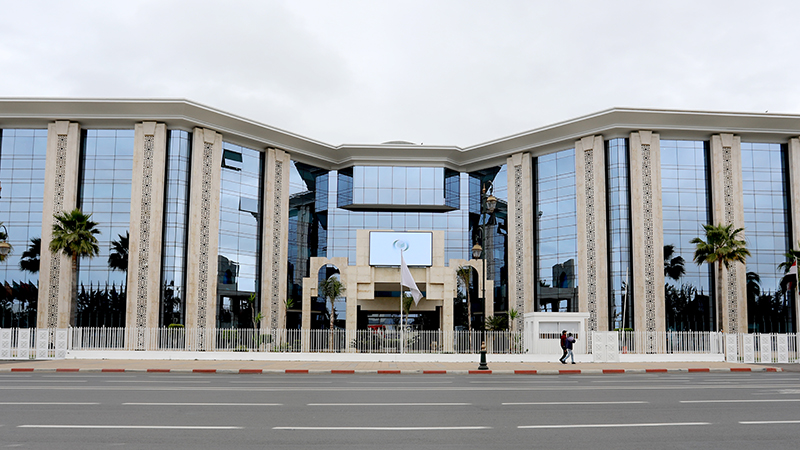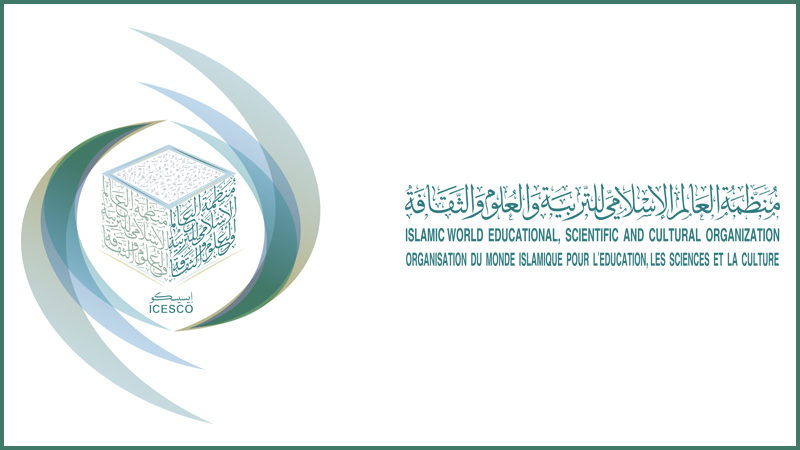Today, the Islamic World Educational, Scientific and Cultural Organization (ICESCO) launched the “Societies We Want” initiative to spread knowledge and implement innovative programmes to build healthy, peaceful, prosperous, inclusive and resilient societies, a need that surfaced at the time of Coronavirus (COVID-19).
The initiative was launched during a meeting held through a remote platform with the participation of Dr. Salim M. AlMalik, ICESCO Director General; H.E. Dr. Lalla Malika Issoufou, First Lady of the Republic of Niger; H.R.H Princess Lamia bint Majed Saud Al-Saud, Secretary General of Alwaleed Philanthropies; H.E. Mr. Mamadou Talla, Minister of Education and Illiteracy of the Republic of Senegal; H.E. Ms. Jamila El Moussalli, Minister of Solidarity, Social Development, Equality and Family of the Kingdom of Morocco; as well as a host of experts and specialists in human and social sciences and strategic foresight.
At the opening of the meeting, Dr. AlMalik stated that that the post-Covid-19 world will be so different and this makes it imperative for countries, organizations, and civil society institutions to take proactive measures instead of giving up, hence the need to build the societies we want. He added that societies suffer from vulnerabilities that have manifested in various patterns with the massive spread of Covid-19. “Family violence has dramatically surged disrupting societies and their delicate balances. It is perhaps a good opportunity during this exceptional global health situation to determine the fields that should be improved to build the societies we want”, Dr. AlMalik explained.
“The launch of ‘the Societies We Want’ initiative emanates from its sense of responsibility and the situation of human and social sciences within our policies, programmes and daily conduct. This is the best time to build the human capital needed in our societies. We should unify our efforts in disseminating knowledge through the perceptions of our human and social sciences to empower the scientific exploration programmes to attain our objectives and build cohesive, prosperous and vital societies to fulfill our great battle cry ‘One World… One Humanity’”, ICESCO Director General added.
Afterward, H.E. Dr. Lalla Malika Issoufou, First Lady of the Republic of Niger, took the floor and first thanked ICESCO and its Director General for the invitation to participate in the launch of the of this “innovative” initiative to develop societies as we want them to be. As the world so far has not discovered a vaccine or treatment for COVID-19 and that social distancing remains the only effective measure to address the pandemic, Dr. Issoufou stressed the need for international cooperation and involvement in this initiative as a cooperation model for building a better future for the disadvantaged social categories, namely children and women. In this vein, she reaffirmed Niger’s support to the initiative and all the initiatives put forward by ICESCO to counter the pandemic.
Subsequently, HRH Princess Lamia bint Majed Saud Al-Saud, Secretary General of Alwaleed Philanthropies, delivered an address wherein she stated that, despite the fear that seized the world during Coronavirus pandemic, it would get through the crisis stronger than before, pointing out that ICESCO’s new initiative will considerably contribute to making better use of the pandemic to develop societies and empower women. Moreover, she lauded the joint action between Alwaleed Philanthropies and ICESCO in the humanitarian field and the support they extend to Member States to address the repercussions of Coronavirus and help the neediest societies overcome the crisis.
On the other hand, Mr. Mamadou Talla, Minister of Education and Illiteracy of the Republic of Senegal, stated that humanity had not witnessed similar pandemics since so many years, hence the need for reflecting on the present situation of societies, their capability to face disasters and on the world of our dreams. In addition, Dr. Talla reaffirmed that despite humanity’s technological progress, no one can envision an end to the pandemic and that the world has fallen into an unimaginable state of vulnerability. Such a situation, Dr. Talla concludes, compels research institutions and centers and individuals to rethink the future and analyze and examine the current unfolding events while congratulating ICESCO and its Director General for the initiative.
In her address, Ms. Jamila El Moussalli, Minister of Solidarity, Social Development, Equality and Family of the Kingdom of Morocco, expressed her satisfaction with participation in the launch of the “Societies We Want” initiative which, according to her, comes as part of ICESCO’s initiatives to support efforts of fighting Coronavirus pandemic and is in line with the vision of King Mohammed VI of Morocco and his initiative addressed to heads of African states to achieve solidarity and cooperation between peoples to face the pandemic.
Along this line, Ms. El Moussalli said that the pandemic had revealed the dire need for social cohesion and for more attention to human and social sciences as they have the capacity to foresee future transformations through monitoring and analyzing social changes. Then, the Minister reviewed the efforts the Kingdom of Morocco has made to address the repercussions of the crisis, particularly the establishment of the Special Fund for the Management of Coronavirus to support citizens affected by the pandemic, namely workers and the neediest categories.
Moderating the virtual meeting, Ms. Ramata Almamy Mbaye, Director of Human and Social Sciences at ICESCO, stressed that the initiative seeks to spread knowledge and implement innovative programmes to build healthy, peaceful, prosperous, inclusive and resilient societies, thanking the participants for their support to the initiative and their keenness to attend its official launch.
For his part, Dr. Jamal Edine El Hani, Dean of the Faculty of Letters and Human Sciences of Mohamed V University in Rabat, Kingdom of Morocco, affirmed that human sciences are integral to society and that they come into play in addressing Coronavirus. They are, Dr. El Hani added, an opportunity for us to think of the future which is connected to the present and get back to history to learn from our preceding generations expertise in dealing with similar pandemics, such as Spanish flu and cholera epidemic, to be able to handle similar situations in the future.
Dr. Karim El Aynaoui, President of the Policy Center for New South, pointed out that organizations like ICESCO need to ask questions about how post-COVID-19 life will look like and reaffirmed that the true problem lies within “us” and our way of thinking and behaving and that this problem can be resolved through education.
On the same token, Dr. Elmostafa Hadiya, professor of Psychology at Mohammed V University, stressed the need for influential strategies for individuals, especially in times of pandemics like Coronavirus.
Daniel Béland, professor at the University McGill in Canada, pointed to the difference between the countries of the North and those of the South in dealing with the pandemic while stressing the need for giving due attention to the youth, the largest age category of the countries of the South, a positive point that needs to be used in fighting the pandemic.
Ms. Hind Jalal, Resident Representative of UN Women in Cameroon, talked about the socioeconomic repercussions of the pandemic and its vast impact on the public and private sectors in most of the world’s countries, with women being the most affected category.
In a similar tone, Dr. Bakary Sambe, Director of Timbuktu Institute, evoked the impact of disasters and crises, such as Coronavirus, on women more than children and families as a whole.
At the close of the meeting, Dr. Salim M. AlMalik, ICESCO Director General, thanked the participants, while pointing out that, during this pandemic, ICESCO invites everyone to join the “Comprehensive Humanitarian Coalition” initiative launched by the Organization. He also announced that ICESCO would launch a fellowship for research on Coronavirus pandemic.

